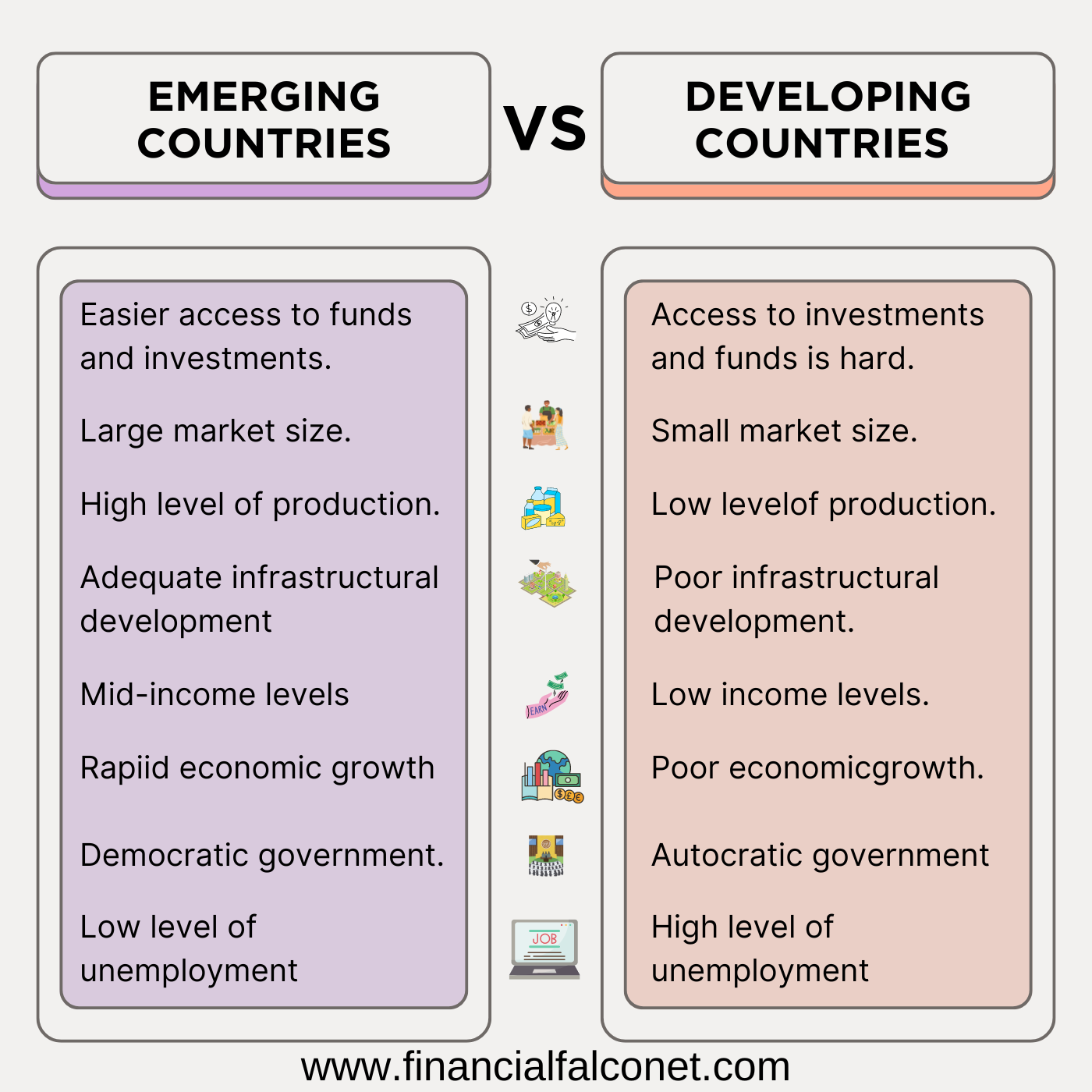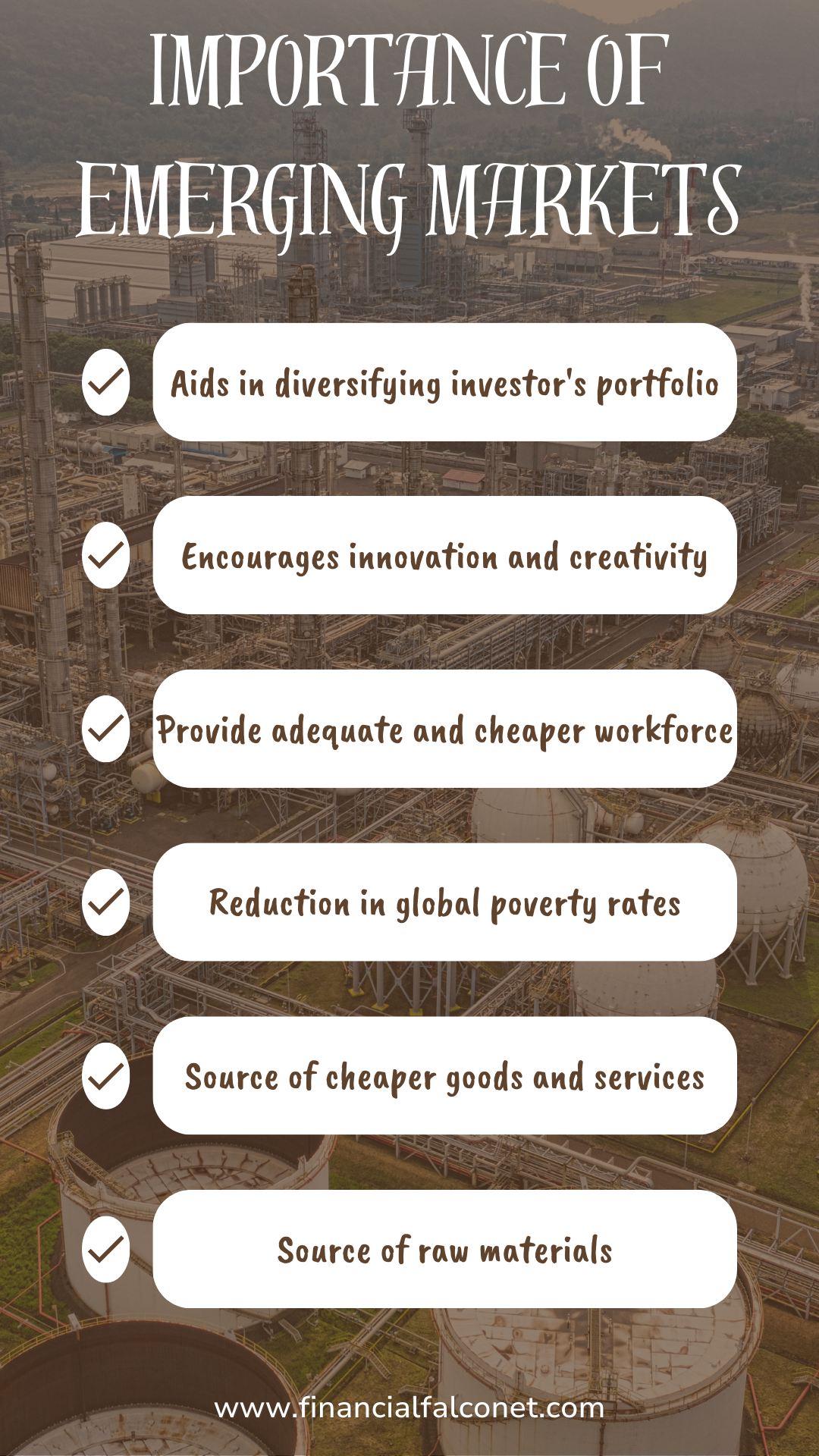Ordoliberalism definition and characteristics
Ordoliberalism definition
Ordoliberalism is a political and economic theory that emphasizes a free market economy with government interference only for protecting the market from monopoly. It accepts some aspects of laissez-faire economics but permits government interference only for protecting the market. It is opposed to communism, socialism, and other forms of government control over the economy. Ordoliberalism has been described as “neoliberal ultra-conservatism“. The goal of ordoliberalism is to create a society where citizens have the opportunity to rise to the top and where everyone has an equal chance.

The theory of ordoliberalism was started by some German economists and legal scholars in the Faculty of Law and Economics, at the University of Freiburg, from 1930 to 1950. Notable among these scholars and economists were Walter Eucken, Leonhard Miksch, and Franz Böhm.
Ordoliberalism characteristics
Ordoliberalism is a neoliberal ideology that emphasizes free markets and deregulation. Key characteristics of ordoliberalism include:
- A key characteristic of ordoliberalism is its focus on the rule of law.
- Free markets are the cornerstone of ordoliberalism. This means that the government should not interfere in the functioning of the market and should allow for free competition. That is, there shouldn’t be price control or output control.
- The role of the government in ordoliberalism is to create a legal backing or constitution that promotes fair competition as well as prevents monopolies. Such a legal framework should provide a safety net to protect the weak and disadvantaged. Because of the moral aspect of the ordoliberal principle, the ordoliberals believe there is nothing wrong with subsidies and financial bailouts or transfer payments to carter for the weak and less fortunate in society.
- Ordoliberalism advocates for a central bank that is free from political manipulation and the central bank should be in charge of monetary policies that prevent inflation such as the hyperinflation that occurred in Germany after World War I.
- Deregulation is another key component of ordoliberalism. The government should remove any restrictions on business activity, including regulations on prices, wages, and business operations.
- Ordoliberalism also emphasizes personal responsibility and freedom. This means that individuals are responsible for their own success or failure and are not required to rely on government assistance to achieve success.
- Ordoliberalism is against monopoly or anything that leads to monopoly. The ordoliberals believe that too much economic power can stifle a government because with economic power comes political power as well. An example of this is the Nazi totalitarianism which the ordoliberals believed was caused by permission of cartels and monopolies to grow without being checked by the government.
Advantages
- It has been very successful in promoting economic growth and improving the quality of life for many people; especially during the regime of Ludwig Erhard as the German Chancellor. He applied ordoliberal principles and the German economy saw a miraculous rise in the post-Second World War era.
- The application of the ordoliberal principle to the economy is believed to foster competition which in turn prevents excessive concentration of power. This way, there is a guarantee of political liberty.
Ordoliberalism vs neoliberalism
- Ordoliberalism refers to an economic system that is based on a productivist concept of capital, which means that it is focused on the production of profit. This system is more common in coordinated market economies, but it is relatively rare. In contrast, neoliberalization is more aligned with interest-bearing capital and focuses on the financial aspects of the economy. This system occurs in many more varieties of capitalism.
- Neoliberalism does not want the interference of the government in the market in any form; whereas ordoliberalism advocates for some interference of the government but only to protect the weak and to prevent monopolies.
In terms of similarities, both are against activist monetary and fiscal policies. Also, they all advocate for a free market economy but they have their differences.


